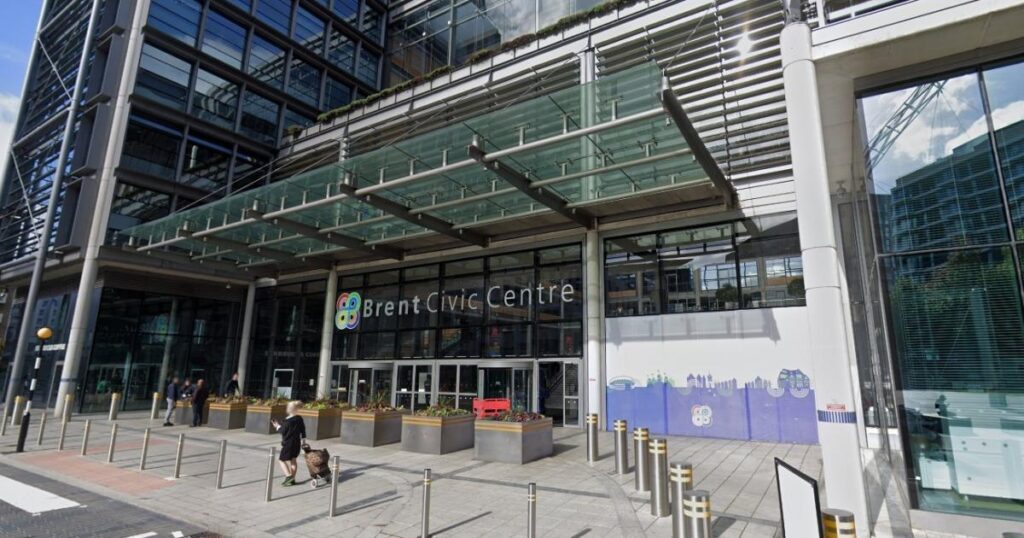Brent’s arrears amount to a staggering £92.2m, according to the latest government figures. Whilst the council says there are those who can pay but don’t, the local authority has blamed the cost-of-living crisis for making poverty an “inescapable reality” that has meant some residents are simply struggling to meet the costs.
Councils across London are owed £1.4bn in unpaid council tax, figures released by the Ministry for Housing, Communities and Local Government show.
Across the whole of England, the data shows that the total amount owed is a whopping £6.6bn, with 1.8m residents now in arrears.
MORE NEWS: The primary special school where pupils work in the cafe to prepare for later life
As well as being the London borough with the largest amount of council tax debt arrears, Brent – alongside Croydon (£90.8m), Hackney (£79.6m), Lewisham (£79.2m), and Southwark (£72.7m) – sits within the national top 10. The London borough with the least amount of arrears is Kingston-Upon-Thames at £10.8m.
Council tax increases, alongside recent cuts to the borough’s discount scheme, may lead to more Brent residents falling into arrears as they struggle to make ends meet amidst the rising cost of living, something councillors warned against when they were approved.
Brent Council told the Local Democracy Reporting Service (LDRS) that the enormous amount of tax arrears is “no surprise” considering there has been more than a decade of government cuts, wage stagnation, and soaring living costs.
Whilst it is “proud” to support those having genuine difficulty paying the costs, the council said it will take “firm action” against those who are choosing not to.
In February, the council, like the majority across the city, agreed to once again increase council tax by the maximum 4.99 per cent.
At the same time, it announced £8m cuts to the Council Tax Support (CTS) scheme which means all claimants of working age will be required to pay something towards their bill.
The authority said these increases were necessary primarily due the rising costs associated with the increased demand for temporary accommodation.
However, when the announcement was made, opposition parties – the Liberal Democrats and Greens – warned that changes to the CTS scheme and tax increases will hit families on low incomes the hardest and potentially cause many “to default on their bills”, further exacerbating the problem.
Council tax is one of three levers available to councils in order to generate additional revenue.
Brent has pledged to take a firmer approach to collecting the outstanding debt in order to make sure it can continue delivering its statutory services, as well as local services.
Deputy leader Cllr Mili Patel said: “Like other councils serving communities for which poverty is an inescapable reality, we see this reflected in the level of our council tax arrears.
“We’re proud that Brent Council supports those residents with circumstances of genuine hardship with flexible repayment plans and advice, but we also take firm action against those who can pay but choose not to.
“We all must pay for vital local services, whether we use them today, or in ten years’ time – so we are continuing to invest in more staff to make sure this debt is collected, and everyone contributes their fair share.”




